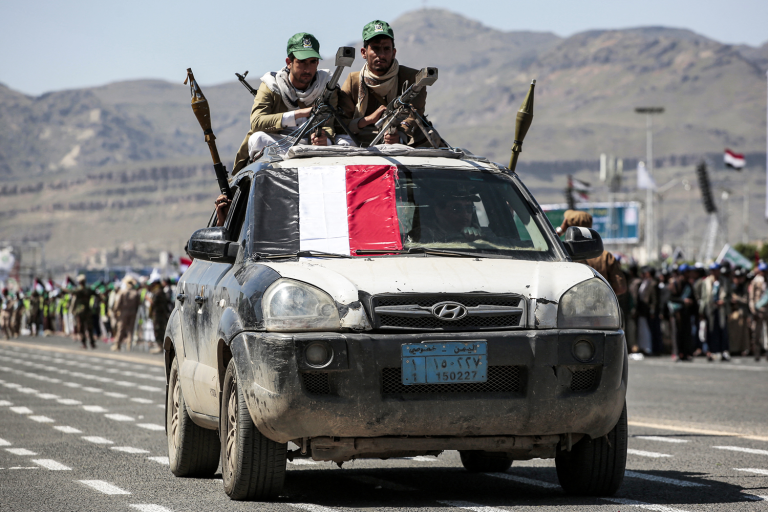
作者/Author(s): Elisabeth Braw
網站來源/Source: Foreign Policy
日期/Date: 11/07/2024
關鍵字/Keywords: 經濟、海事安全、紅海、胡賽武裝
摘要:
胡塞武裝分子在紅海襲擊商船,但似乎特意避開中國和俄羅斯船隻。某些小道消息指出,俄羅斯向胡塞武裝提供攻擊所需的目標數據,這意味著俄羅斯作為聯合國安理會常任理事國之一,積極支持對全球航運的襲擊,這可能促使其他敵對國家向其代理人分享軍用級數據。此外,這也違反了航行自由原則。
- 胡塞武裝最初只針對與以色列相關的商船進行襲擊,以表達對加沙人民的支持。然而,當美國、英國和歐盟派遣海軍保護紅海的商船後,胡塞武裝開始攻擊其他西方船隻。
- 西方聯盟成功攔截了幾次襲擊行動,但胡塞武裝利用伊朗提供的飛彈和先進無人機,以及俄羅斯提供的精確攻擊座標,成功擊沉兩艘商船。
- 俄羅斯的行動令人擔憂,因為攻擊者需要具體和即時的數據來攻擊海上移動的目標。此舉雖保障了俄羅斯船隻的安全,但也危及那些與西方有聯繫的船隻,在紅海戰略要地的安全。
- 胡塞武裝的襲擊行動導致紅海和蘇伊士運河的海上交通量急劇下降,僅有少數西方航運公司願意使用該海域。其他西方船隻則更傾向於選擇路線更長且成本更高的好望角。
- 除了提供目標數據外,俄羅斯可能會進一步加大對胡塞武裝的支持。目前已有跡象顯示,俄羅斯在胡塞武裝控制的葉門地區活動頻繁。
- 西方國家先前不斷拒絕與烏克蘭分享目標數據,是因為擔心衝突升級,並意外捲入戰事。普丁也曾向北約國家提出紅線,警告他們不要與烏國共享數據。然而,俄羅斯在紅海公然越線,卻未受到譴責。專家擔憂,俄羅斯可能會在更多地區向其他非國家武裝勢力分享目標數據。
Summary:
Houthi militants attacked merchant ships in the Red Sea but seemingly spared Chinese and Russian vessels. However, according to some sources, Russia provided targeting data to the Houthis for their attacks. Russia's actions meant a member of the P5 actively supported attacks on global shipping and may compel other hostile states to share military-grade data with their proxies. Moreover, it violates the principles of freedom of navigation.
- Houthis initially attacked only merchant ships related to Israel to show their support for the Gazans. However, they started attacking other Western vessels after the US, UK, and EU sent their navies to protect merchant ships in the Red Sea.
- The Western coalition stopped several attacks. However, the Houthis succeeded in sinking two merchant ships because Iran provided missiles and advanced drones while Russia provided coordinates for attacking targets.
- Russia's action is concerning because attackers require specific and real-time data to strike moving targets at sea. It also endangers Western-linked ships in the strategic Red Sea while ensuring Russian ships are safe.
- Due to the Houthi attacks, maritime traffic dropped drastically in the Red Sea and the Suez Canal. Only a small number of Western shippers were willing to use the sea lanes. Western vessels preferred to transit through the Cape of Good Hope, although it is longer and more costly.
- Russia may provide more support to the Houthis on top of the targeting data. There are sightings of increased Russian activity in Houthi-held parts of Yemen.
- The West refrained from sharing targeting data with Ukraine because they feared it would escalate the conflict and pull them into the fray. Putin also drew the red line for NATO countries, warning them not to provide targeting data. Yet, Russia crossed the red line in the Red Sea but was not reprimanded for its actions. There are also concerns that Russia may share targeting data with other non-state belligerents in other regions.
